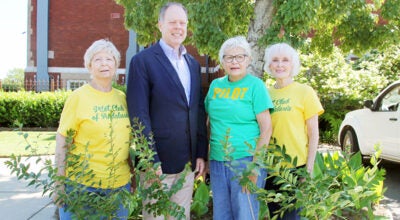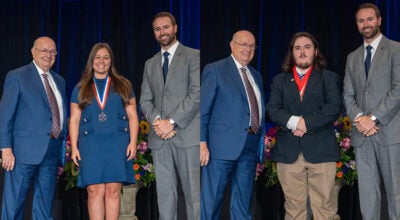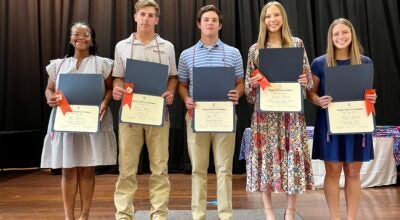AU gets grant to strengthen food supply
Published 12:00 am Tuesday, September 27, 2011
AUBURN – The Food and Drug Administration recently selected Auburn University as a national food safety training center.
As concerns about food safety increase, the FDA is seeking to standardize training and create certifications for food inspectors at all levels. The Food Safety Modernization Act signed into law in January supports development of a national food protection training effort, and Auburn will receive $6.5 million during the five-year program.
The Centers for Disease Control and Prevention estimate that some 76 million people are sickened each year from contaminated food. More than 300,000 are hospitalized, and some 5,000 die.
“Several factors combine to cause an increase in outbreaks from tainted food,” said Patricia Curtis, director of Auburn’s food systems initiative and leader of the FDA program. “Auburn will work with the FDA to strengthen protection of our food supply and improve the way we detect and respond to foodborne illness.”
More than 3,000 local health agencies work with city and county officials to monitor food supplies at restaurants and retailers. State health and agriculture agencies inspect food manufacturing facilities, and the FDA and other federal agencies monitor imported foods.
Yet food inspectors receive no standardized training and there are no required skill levels for those positions. There is likewise no system to keep food safety personnel up-to-date on new inspection technologies, changes in laws and regulations or developments in food safety science.
Auburn and other universities will infuse future FDA training with the latest research and technology on food detection and safety, according to Curtis. Auburn will also develop online instruction methods to simulate a “virtual world” that complements hands-on training for food safety personnel.
“Our long-term goal is to play a major national role in the food safety arena for the benefit of consumers and the agriculture industry,” said John Mason, Auburn University vice president for research.




